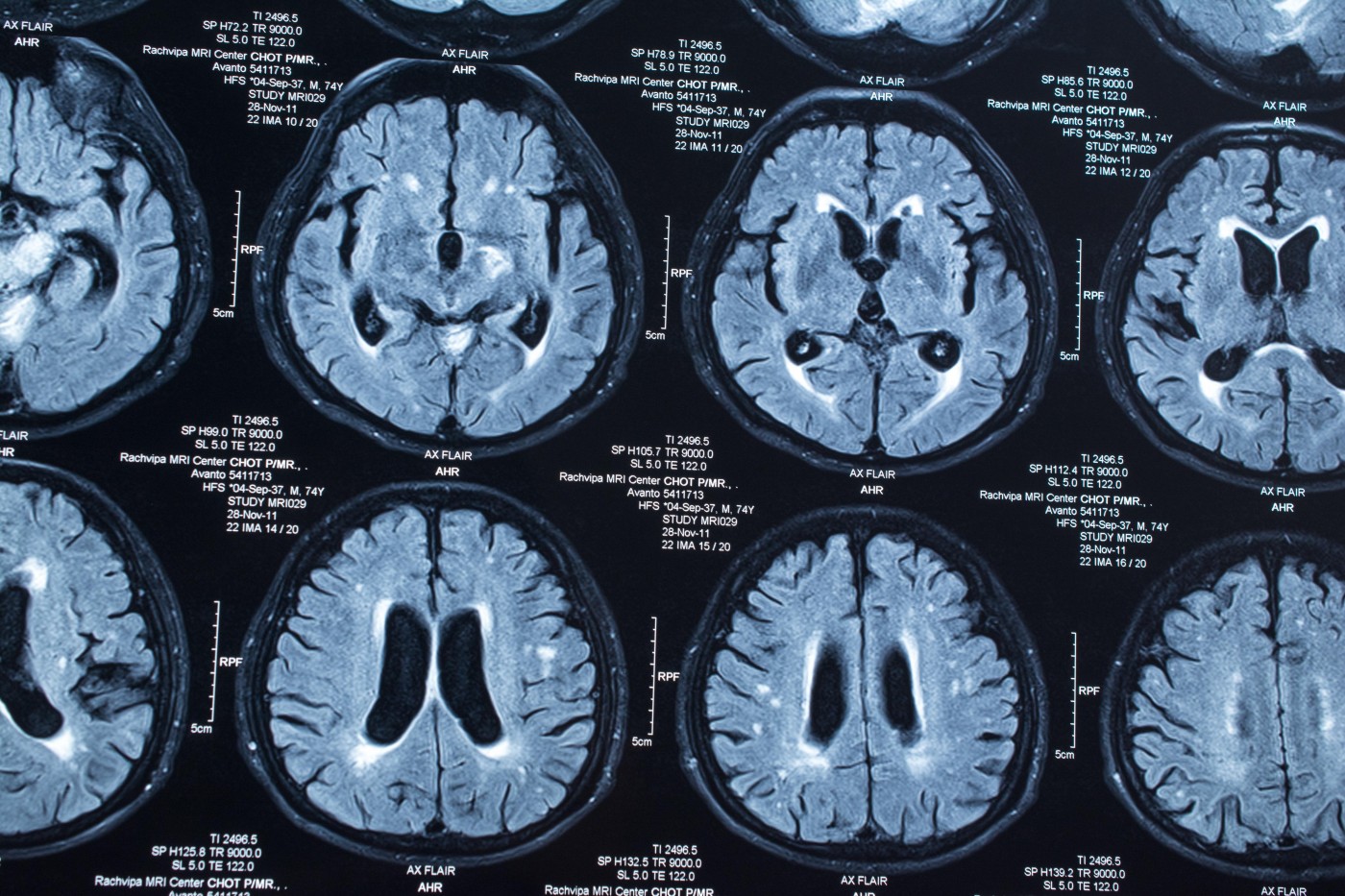Severe Rebound Effects Found in ‘Relevant’ Number of MS Patients After Stopping Fingolimod
Written by |

Rebound symptoms after stopping fingolimod (Gilenya) treatment affect a “clinically relevant” number of multiple sclerosis (MS) patients, a study by University of California, San Francisco, researchers reported. The study called attention to the need for determining the best method of sequencing or stopping MS treatments, and highlighted the need to identify factors that increase the risk of severe symptoms after fingolimod cessation.
The change or discontinuation of immunoactive drugs is a sensitive matter, balancing safety and protection against relapse, and is of particular concern to women stopping treatment because of pregnancy. The occurrence of rebound symptoms after fingolimod treatment, however, is not well-studied.
Rebound effects are the re-emergence of symptoms held under control by a treatment once the treatment is stopped. The study, published in the journal JAMA Neurology, investigated electronic medical records, along with magnetic resonance images (MRI), from the UCSF Multiple Sclerosis Center for evidence of rebound symptoms after fingolimod cessation. Records from January 2014 to December 2015 were included in the analysis.
Fingolimod is a drug that targets immune cells in the lymph nodes, preventing them from entering the central nervous system. When the treatment is stopped, the pool of peripheral immune cells is back to normal within four to eight weeks.
Among the 46 patients who had stopped fingolimod treatment during the period analyzed, five women, amounting to 10.9 percent of the group, developed rebound symptoms in the form of severe relapses that occurred four to 16 weeks after discontinuation of treatment. This time span mirrors the time it might take for immune cells to re-enter the brain.
Before the investigated relapse, the five had varying degrees of severity in their relapsing-remitting course. But the study, “Rebound Syndrome in Patients With Multiple Sclerosis After Cessation of Fingolimod Treatment,“ reported that all five women suffered an unusually severe relapse after stopping fingolimod treatment.
MRI scans showed that patients had a median of nine new gadolinium-enhancing lesions, and a median of nine new T2 lesions. Although patients were treated with corticosteroids or B-cell depleting therapy, new lesions continued to form for another three to six months.
In an attempt to further evaluate the extent of the problem, the research team reviewed the literature for similar cases, and identified another 11 patients who experienced severe relapses after stopping fingolimod treatment, indicating rebound effects.
The study showed that the proportion of patients experiencing relapses after treatment discontinuation is clinically relevant, but the best way to prevent this from happening is far from clear. Also, scientists and clinicians are still in the dark about who might be at risk to develop rebound symptoms, pinpointing the need for large prospective trials to determine best clinical practices.


